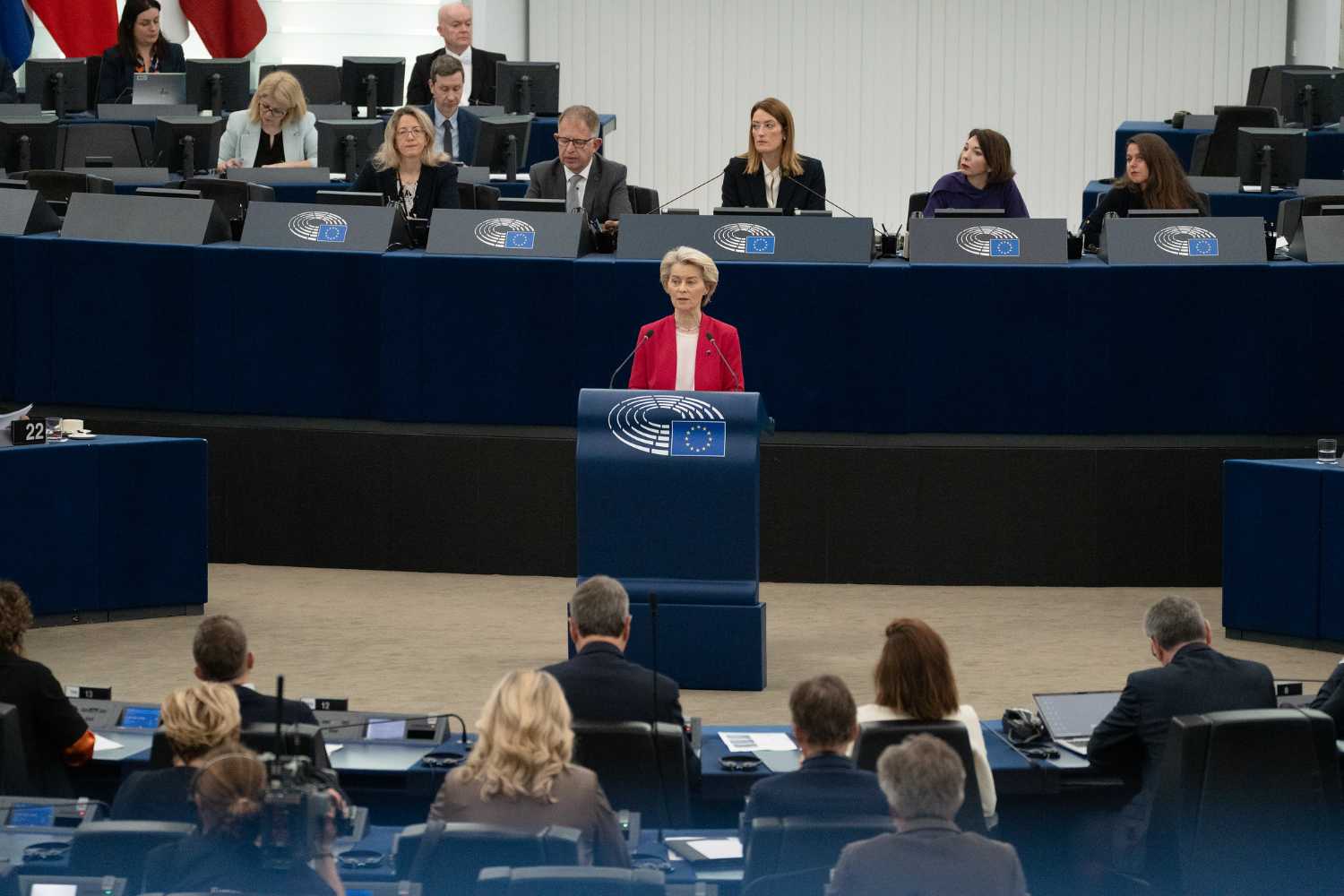
Join us for a discussion on the ramifications of European states’ rearmament plans.
Faced with an unpredictable US administration, a commitment to support Ukraine, an antagonistic Russia, and warfare in the Middle East and Africa, European leaders have announced plans to dramatically increase defence spending. Most of the 800 billion euros in potential financing announced in the EU’s White Paper on European Defence will be spent on procuring new military equipment and building up industrial capacity. Norway and Britain are cooperating with the EU and are also increasing their defence procurement.
The dramatic increases in spending are in general supported by European electorates. Nevertheless, defence procurement has involved many pitfalls, which include spending large sums on equipment that doesn’t meet armed forces’ requirements or spending far more on some purchases than is necessary. Our discussion will include the following themes:
- A key motivation for European rearmament plans is to achieve greater independence from the United States. What are the costs and benefits of this ambition?
- How do governments decide what to buy, and how can they predict what equipment might be needed decades in the future?
- How can procurement be undertaken to ensure that it involves minimal waste, inefficiency, and corruption?
- The shift in public spending towards military procurement entails difficult trade-offs and deprioritizing of important societal goals and objectives.
- How can we ensure that public conversations are knowledge based, critical and open; and that they involve a shared goal of societal peace and security?
- How can national parliaments have adequate oversight over procurement processes, and by whom is democratic accountability demanded and implemented?
Speakers
- Kristin Bergtora Sandvik, Professor of Legal Sociology at the University of Oslo, and Research Professor in Humanitarian Studies at PRIO.
- Nicholas Marsh, Senior Researcher at PRIO.
- Bruno Oliveira Martins, Senior Researcher at PRIO, associate editor of the journal Security Dialogue, and co-leader of PRIO’s research group on Security and Technology.
The discussion will be moderated by Nina Græger, PRIO Director and former Professor in International Relations at the University of Copenhagen.





